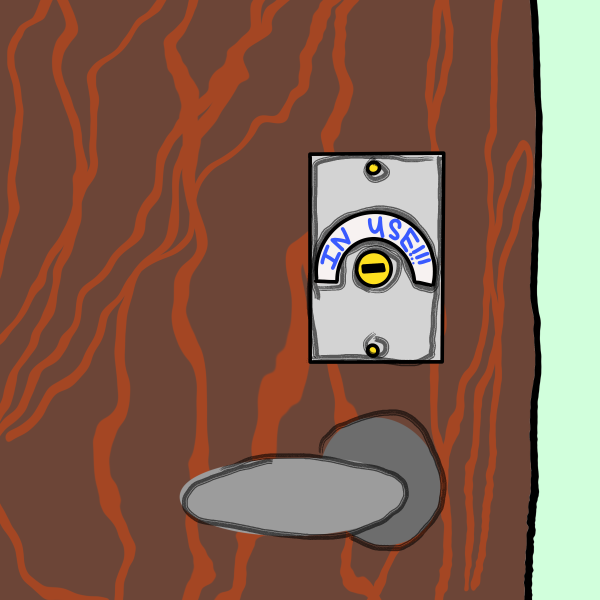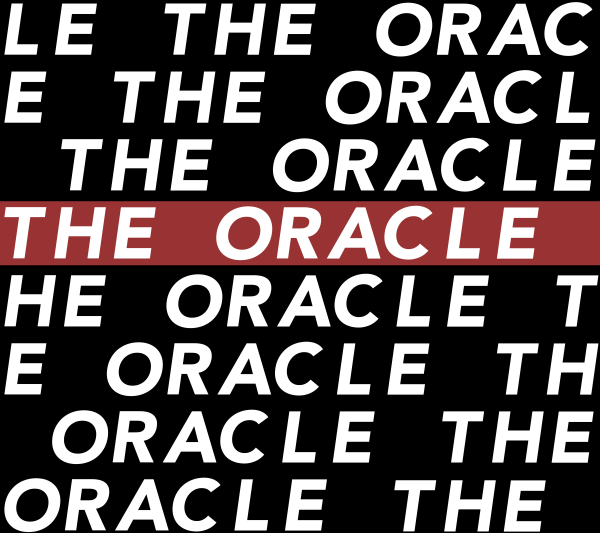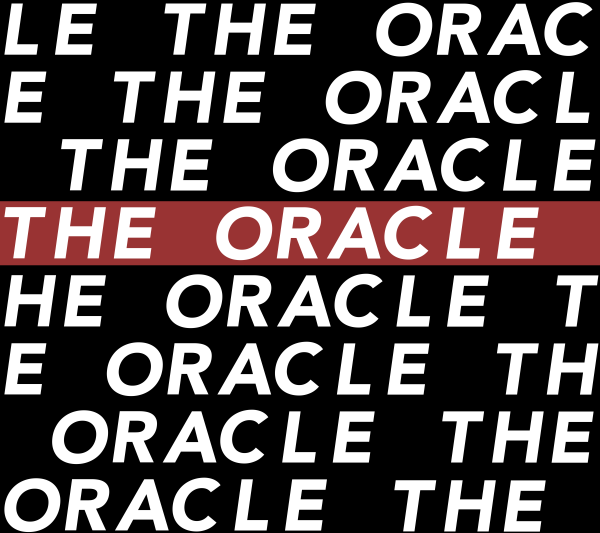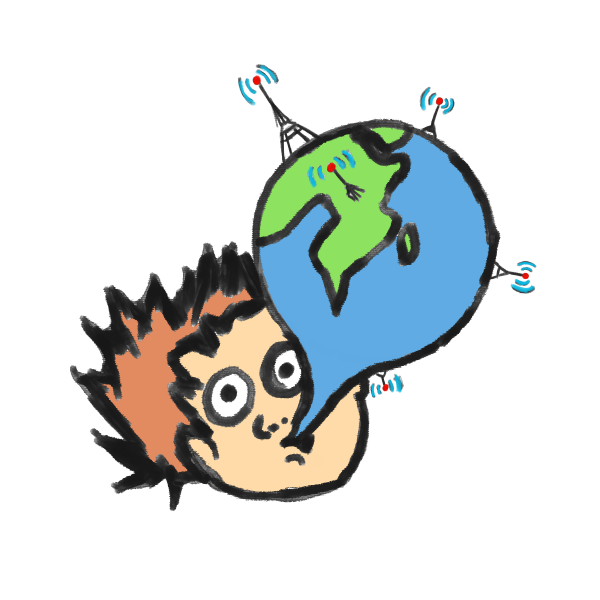National Security breach
Edward Snowden is, undoubtedly, one of the single most important political figures of the 21st century.
March 16, 2016
In a poll that I carried out, using an adequate sample of 100 Hamline students, 63 didn’t know who he was. If they did know the name, they couldn’t give an answer as to what it was he actually did; a surprising result after the media firestorm Edward Snowden evoked in 2013.
The 30 year old former security contractor released a series of documents in June of 2013 detailing the NSA’s mass and systematic collection of US citizens’ phone information. How long you spoke to someone, who you spoke to, where the call was made from — all were collected en masse by the National Security Agency day in and day out, in hopes of gathering a collective set of ‘metadata’ on each citizen. ‘Metadata’ is a picture pieced together by several corroborating sets of collected data, all of which is technically factual.
The Federal Government, by knowing who you speak to, where you go, and how long your conversations are, begin to paint their own image of what exactly it is you do. Not only is this an intense breach of personal privacy, but it leaves the average American susceptible to the government’s own idea of ‘wrongdoing’.
In addition to phone surveillance, Snowden released information as to the complex and far-reaching program known as PRISM. Companies like Facebook, Skype, Yahoo, Youtube, Hotmail, and Google were all working with the NSA to ‘data mine’ user’s information. Every word you typed into a Google search engine, every video watched on youtube, every private video or typed chat on Facebook, every single email you’ve ever sent has been recorded and examined for ‘patterns’ by the NSA. What constituted these ‘patterns’ is completely and totally up to them.
The immediate backlash of this information’s release sent Snowden’s name flying across our TV screens and, more importantly, forced us to look at the unpleasant truth. US Citizens were routinely being watched. Any dissenting or unfavorable opinion, any questionable document, any strange Google search — the American Government had been made known.
That is the price of ‘security’. Privacy was irrevocably destroyed or, at the very least, was changed forever.
Moreover, these events showed that the Government can and did carry out clandestine operations on an immense scale upon its own citizens – and not even a congressional hearing could make them stop. On March 12, 2013 James Clapper, then-Director of the NSA, was asked by Senator Ron Wyden of the Senate Intelligence Committee if intelligence officials collect data on Americans.
“No, sir.” Clapper blandly replied without hesitation.
Barely three months later one 29-year-old man would reveal this to be an immense lie. By 2013 the NSA was able to gather more information on US Citizens, and citizens of the world, than ever before in its life of over sixty years. In fact, by that time in the year, the NSA already had over 1.2 million people on various stages of their watchlist.
“We are building the greatest weapon for oppression in the history of man.” Snowden said while meeting Glen Greenwald of “The Guardian”. Every person’s private ideas or opinions were not only not private, but directly affected their standing with the American Government.
Over the months following Snowden’s initial leak, further information concerning the US War on Terror was dragged to light. The TSA’s Screening Passengers on Observation Technique (SPOT) program was revealed, which blatantly relied on Islamophobia and institutional racism to select terror suspects at airports. The NSA’s XKeyscore tracked everything an internet user searched and typed online. The Dishfire Program collected over 200 million texts everyday.
Three years later, the wider American public has seemingly forgotten to have a debate. A recent peer report carried out by the Pew Research Center revealed that “…46% of Americans…describe themselves as ‘not very concerned’ or ‘not at all concerned’ about government surveillance.” This statistic is even higher here at Hamline — a university renowned for its liberal student body interested in social justice and civil liberties. How true can these beliefs be when so many students are unwilling to face the hard facts?
Edward Snowden, in blowing the whistle on the greatest invasion of American civil liberties in history, has effectively exiled himself from his own home. He currently resides in Russia and, upon returning to the US or any US-ally, faces life in prison at best, death at worst. He willingly nailed himself to the cross in the hope that other Americans would see where the story lies – not in the man, but in the crimes. By sacrificing his own life, he thought, he could bring about political revolution.
He couldn’t have been more wrong.





